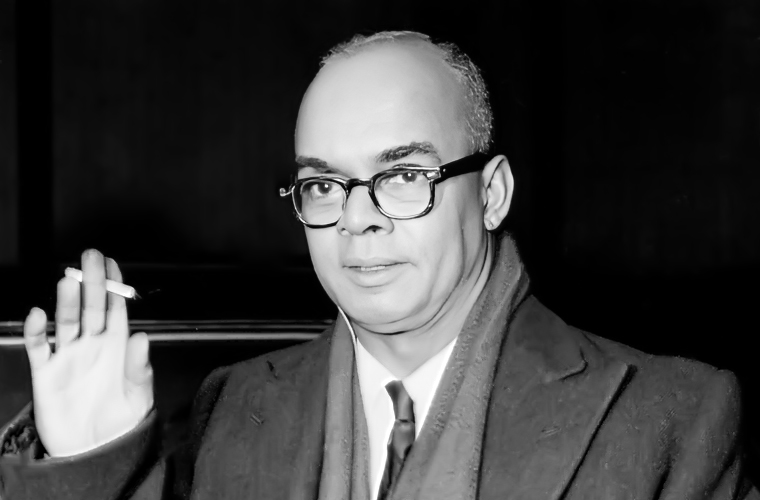Eric Williams, the Prime Minister of Trinidad and Tobago, has left an indelible mark on the nation’s history and development. Serving as the country’s leader from 1956 to 1981, Williams played a pivotal role in shaping the political landscape and ushering in a new era of progress and prosperity. Born on September 25, 1911, in Port of Spain, Trinidad, Eric Williams possessed an exceptional intellect from an early age. His academic prowess earned him a scholarship to attend Queen’s Royal College, where he excelled in his studies. Williams later pursued higher education at the University of Oxford, where he earned a doctorate in history. This educational background would prove instrumental in his later political career.
Upon returning to Trinidad and Tobago, Williams embarked on a career in academia, teaching history and political science at Howard University in the United States. It was during this time that he began to develop his ideas on nationalism and the importance of self-governance for Caribbean nations. His seminal work, “Capitalism and Slavery,” explored the economic foundations of the Transatlantic Slave Trade and its impact on the development of Western economies.
In 1956, Williams founded the People’s National Movement (PNM), a political party committed to achieving independence for Trinidad and Tobago. His charismatic leadership and visionary ideas resonated with the people, leading to a landslide victory in the general elections of 1956. This marked the beginning of Williams’ tenure as Prime Minister and a new chapter in the nation’s history. Under Williams’ leadership, Trinidad and Tobago experienced significant progress in various sectors. His government implemented policies that fostered economic growth, improved infrastructure, and expanded access to education and healthcare. The oil and gas industry became a cornerstone of the country’s economy, attracting foreign investment and driving economic development.
Williams also prioritized social welfare initiatives, recognizing the importance of uplifting marginalized communities. He championed affordable housing programs, healthcare reforms, and initiatives to combat poverty and inequality. His commitment to social justice and equality endeared him to many citizens, who saw him as a leader who genuinely cared about their well-being.
In addition to his domestic achievements, Williams played a crucial role in advancing regional integration within the Caribbean. He was one of the founding fathers of the Caribbean Community (CARICOM), an organization aimed at promoting economic cooperation and political unity among Caribbean nations. Williams understood the significance of regional collaboration in addressing common challenges and harnessing collective strengths. Throughout his tenure, Williams faced numerous challenges and obstacles. Economic fluctuations, social unrest, and external pressures tested his leadership skills. However, his steadfast determination and unwavering commitment to Trinidad and Tobago’s progress allowed him to navigate these challenges with resilience.
Eric Williams’ legacy extends beyond his time as Prime Minister. His intellectual contributions continue to shape academic discourse on Caribbean history and politics. His ideas on nationalism, self-governance, and economic development remain relevant today, inspiring future generations of leaders. Trinidad and Tobago owes much of its modern development to the visionary leadership of Eric Williams. His unwavering dedication to the nation’s progress, coupled with his intellectual acumen, propelled the country forward during a critical period in its history. As Prime Minister, he left an indelible mark on the political landscape and set a precedent for future leaders to follow.
Eric Williams’ legacy serves as a reminder that great leaders are not only defined by their accomplishments during their time in office but also by their lasting impact on society. His contributions will forever be remembered as Trinidad and Tobago continue to strive for progress, guided by the principles of equality, justice, and economic prosperity.


